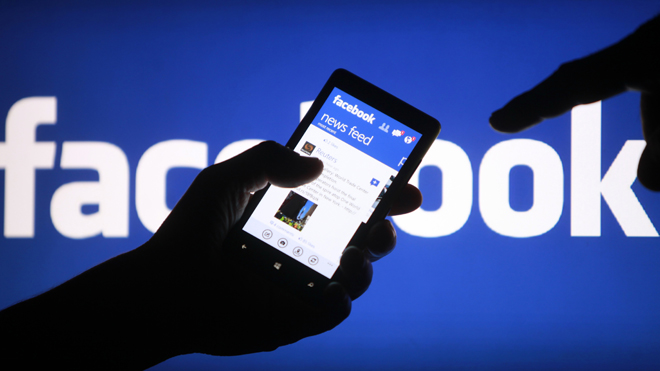
Spending a few minutes peeking at one’s Facebook profile reportedly elevates a person’s self-esteem but reduces their ambition to excel, according to researchers. The University of Wisconsin-Madison study that unearthed these social-media phenomena seemingly employed a controversial cognitive test to arrive at its findings, and also discovered the Facebook-borne ego boost lead to diminished ambition, or the desire to excel on subsequent cognitive evaluations. The study, “Self-affirmation underlies Facebook use,” was published in the June issue of the Journal of Media Psychology and was conducted by a team led by Catalina Toma. Toma is a UW-Madison assistant professor of communication arts. “Most have a very large audience of friends and they selectively present the best version of self, but they do so in an accurate manner,” Toma told ABC News of typical Facebook profiles. “We had people look at their own profiles for five minutes and found that they experienced a boost in self-esteem in a deep, unconscious level.” The study employed the widely-used, but still reportedly controversial Implicit Association Test, which requires participants to make snap word-based associations, reportedly said to reveal intensely personal truths, and ones about which test-takers may not even be aware on a conscious level. Also, the study correspondingly uncovered a tenuous correlation between the Facebook-induced self-esteem boost derived by those who briefly viewed their profile and the study participants' motivation to excel on a simple mathematical test taken afterward. “Facebook gives you a real good image of yourself, but you then don't have to look for that in other ways,” Toma reportedly said. “Your motivation to perform well might be reduced because you already feel really good.” According to the Toma team’s abstract, the study shows  “that Facebook profiles are self-affirming in the sense of satisfying users’ need for self-worth and self-integrity, “ and  “that Facebook users gravitate toward their online profiles after receiving a blow to the ego, in an unconscious effort to repair their perceptions of self-worth.” Click to read more on the Facebook study.source : http://www.foxnews.com/health/2013/06/02/study-finds-facebook-helps-users-like-themselves-better/
